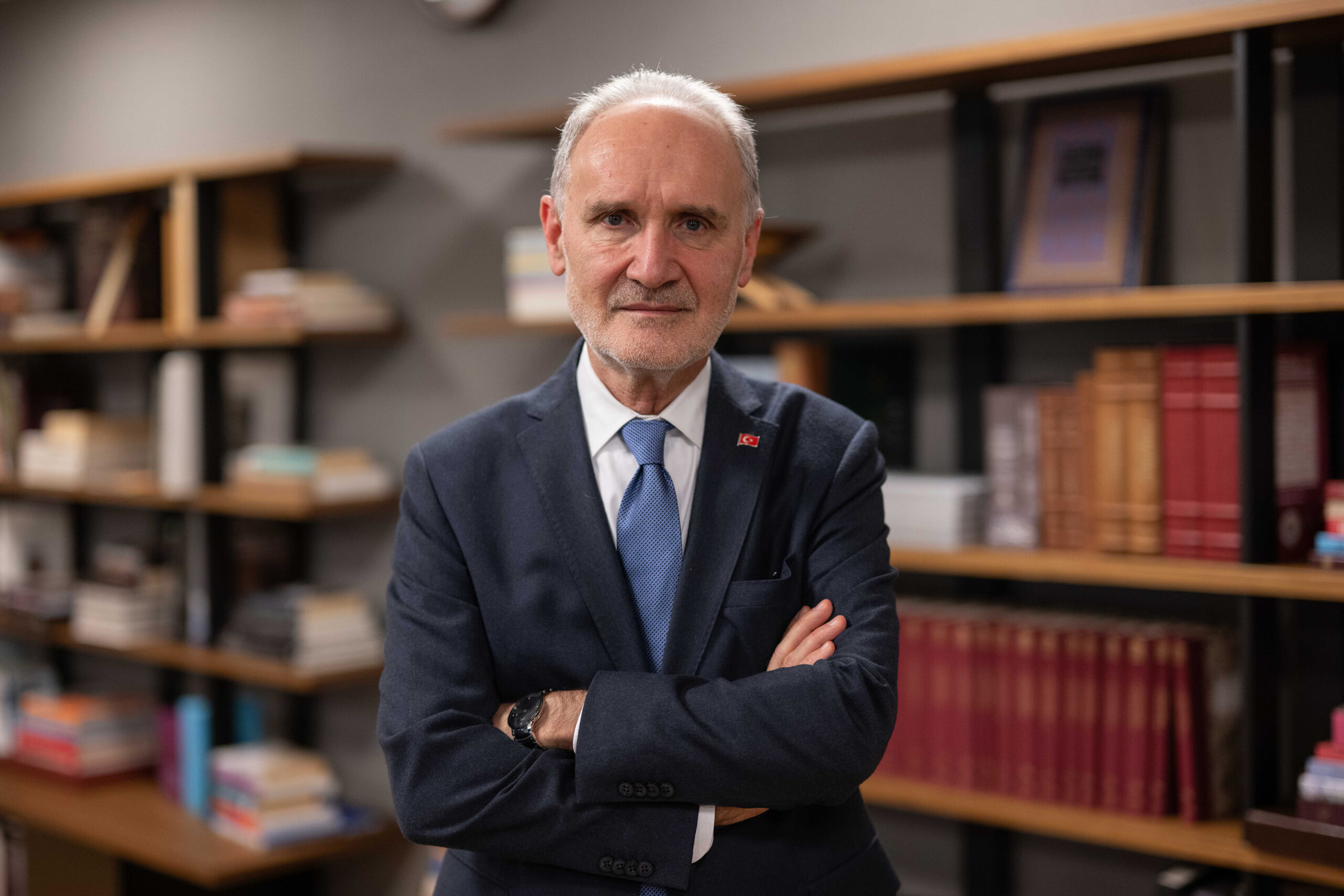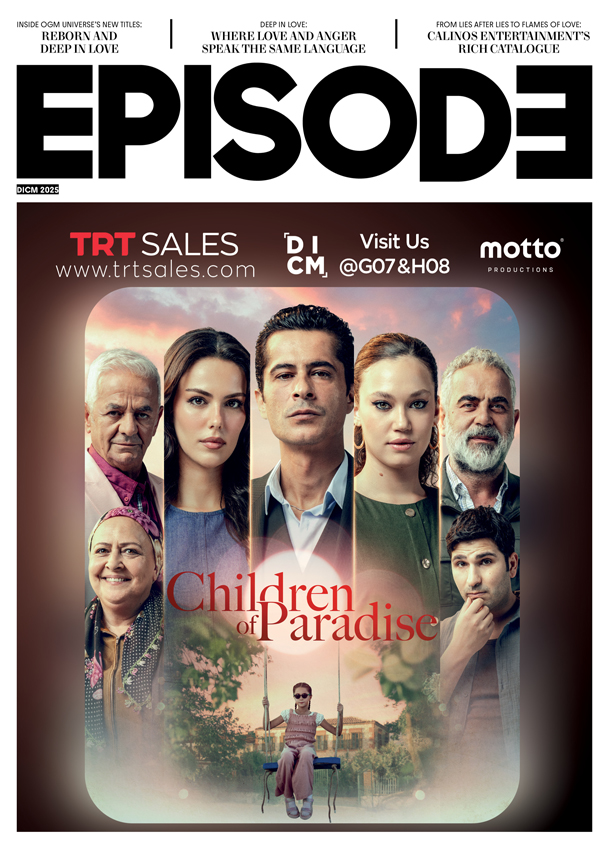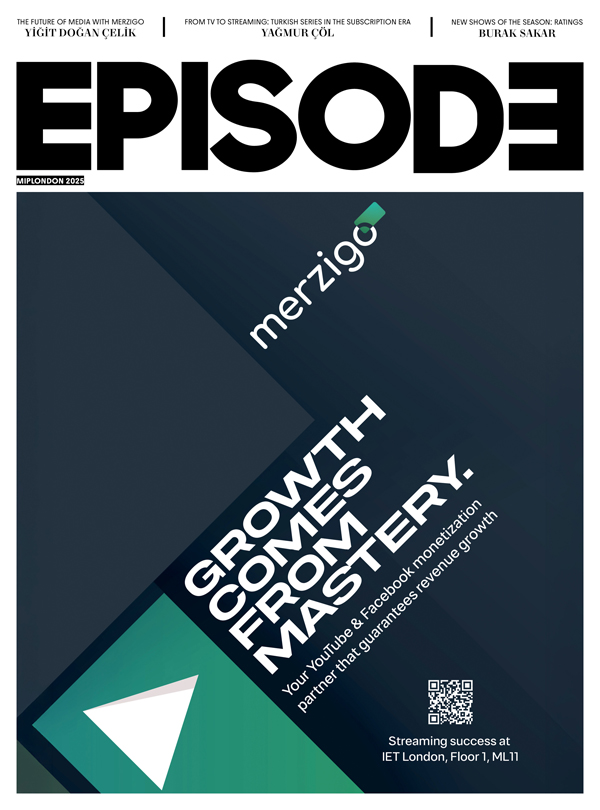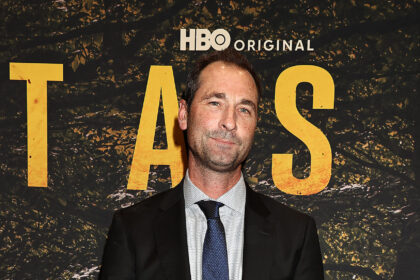For our MIPCOM issue, we sat down with Şekib Avdagiç, President of the Istanbul Chamber of Commerce (ICOC), to discuss their upcoming participation at MIPCOM and to reflect on the Chamber’s achievements in 2025. We also discussed the expanding global influence of Turkish dramas and content, the impact of the content industry on Türkiye’s economy, and ICOC’s priorities for the year ahead.
We last spoke at the end of 2024 ahead of ATF Singapore. How has 2025 been for the Istanbul Chamber of Commerce? Which content markets have you attended this year, and how did they go for you?
In 2025, we continued our activities to support the Turkish drama and content industry so that they not only maintain but further increase their achievements in international markets. For this goal, we have participated in 10 different fairs across 4 continents so far. We organized the participation of Turkish companies at Content Americas Miami and NATPE Miami in the United States, DISCOP Africa Johannesburg in South Africa, FICCI Frames Mumbai in India, NATPE Budapest in Hungary, NEM Dubrovnik in Croatia, MIPTV and MIPCOM Cannes in France, Dubai International Content Market in the UAE, and ATF Asia TV Forum & Market in Singapore. The feedback we received from these fairs has been highly positive. I can confidently say that the demand for Turkish series has continued without losing any momentum.
In fact, together with industry representatives, we drew up a list of target fairs, thereby setting a clear policy: to ensure Türkiye’s presence at the world’s leading international markets. By participating in the major fairs in the United States and France, where players from across the globe gather, we demonstrate that Türkiye is among the leading actors in the sector. Through the U.S., we not only open the door to the global market but also aim to expand our market share across the American continent. We pursue the same strategy at France’s MIPCOM fairs. Moreover, we are entering Asian and Far Eastern markets through fairs held in those regions. And finally, with the Dubai fair, we are reinforcing our strength in the Middle East and the Gulf.
Ultimately, both the strong interest shown in our stands and the productive meetings with companies confirm that we are on the right track. As an institution that plays a policy-making role in the international expansion of the drama and content industry, we are very pleased with the results.
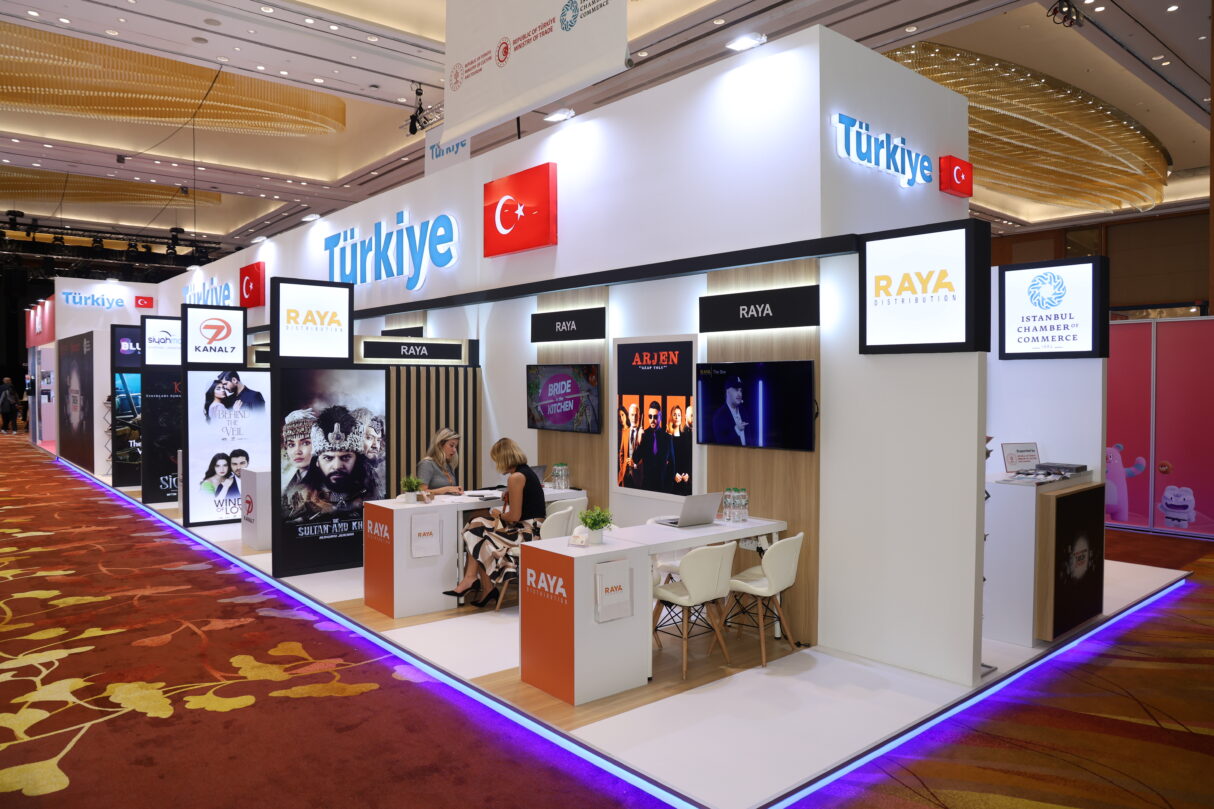
How would you assess the visibility and impact of Turkish companies at the fairs you’ve attended this year? In your opinion, what kind of progress did Turkish companies make in 2025?
The visibility of Turkish film and content producers on the international stage continues effectively. I can say that Turkish stands have been among the most visited and most talked about at these fairs, attracting strong interest both from visitors and from business counterparts, with high participation in the events organized by our companies.
Despite the negative impact of global economic crises on target markets, the exports of Turkish companies in 2025 did not lose pace. This was achieved not through market losses but through determined efforts toward market expansion.
Moreover, Turkish dramas have become a habit for global audiences that’s hard to break. At the same time, Türkiye’s closer relations with countries around the world have further strengthened its position in these markets. As a result, the success of our companies continued on an upward trajectory throughout 2025.
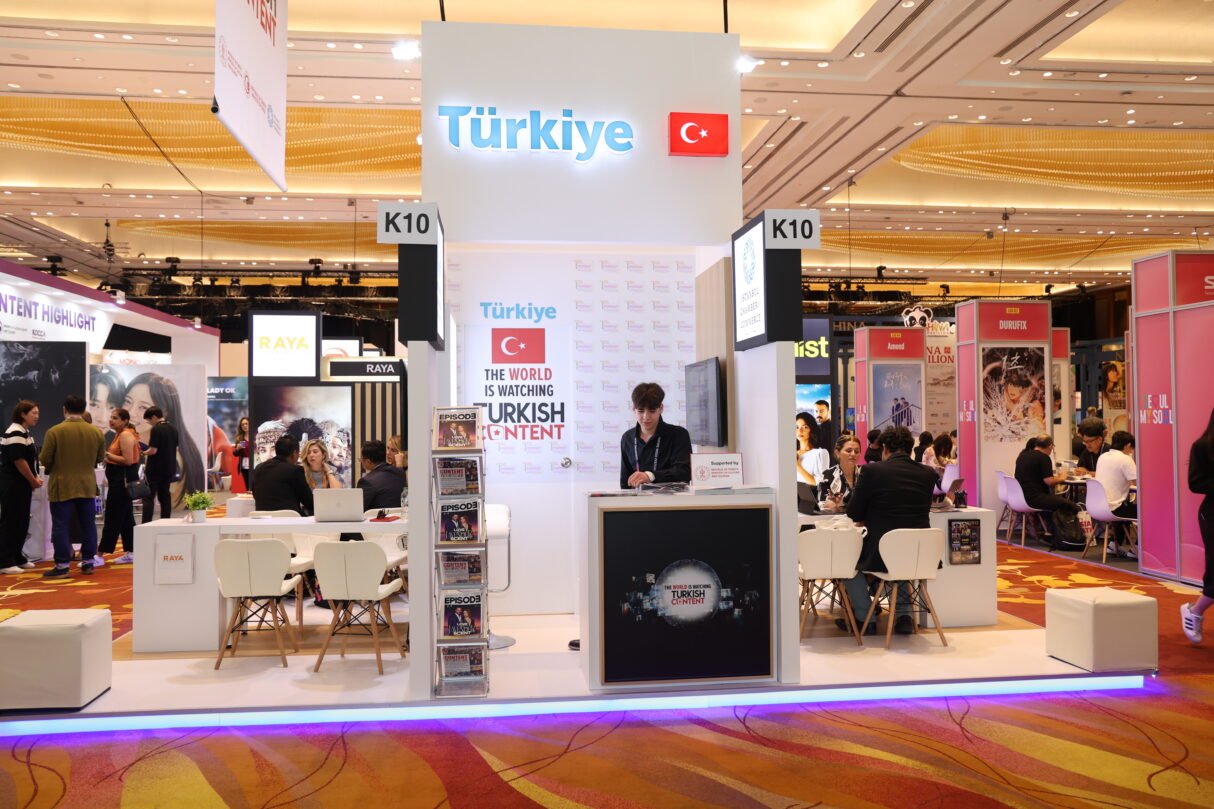
Now we are at MIPCOM, one of the biggest and most important content fairs of the year. What are your goals for MIPCOM 2025, and what are your expectations from this year’s edition?
As you said, MIPCOM is one of the largest and most prestigious markets in the global content industry. That is why, as the Istanbul Chamber of Commerce, we have been taking part in this market extensively and comprehensively since 2011. Our goal at MIPCOM has never changed: to make sure our companies are among the most visited, the most engaged, the most collaborative participants, and the ones hosting the most effective activities, supported by the aesthetic and functional stands we provide for them.
With the principle of “effective communication, effective promotion, and original content,” we aim to bring our companies together with 3,300 buyers and to position them at the center of attention of 12,000 visitors at this fair, which brings together participants and producers from 100 countries. This year, 15 Turkish companies are exhibiting with us, while another 15 production and distribution companies are taking part individually.
Our expectation from this market is to support Turkish dramas in making a strong start in international markets for the new season and in further expanding their market share… Turkish producers and distributors are clearly determined to enhance exports, and I am confident that this determination will translate into higher export figures not only this year but also in the coming year.
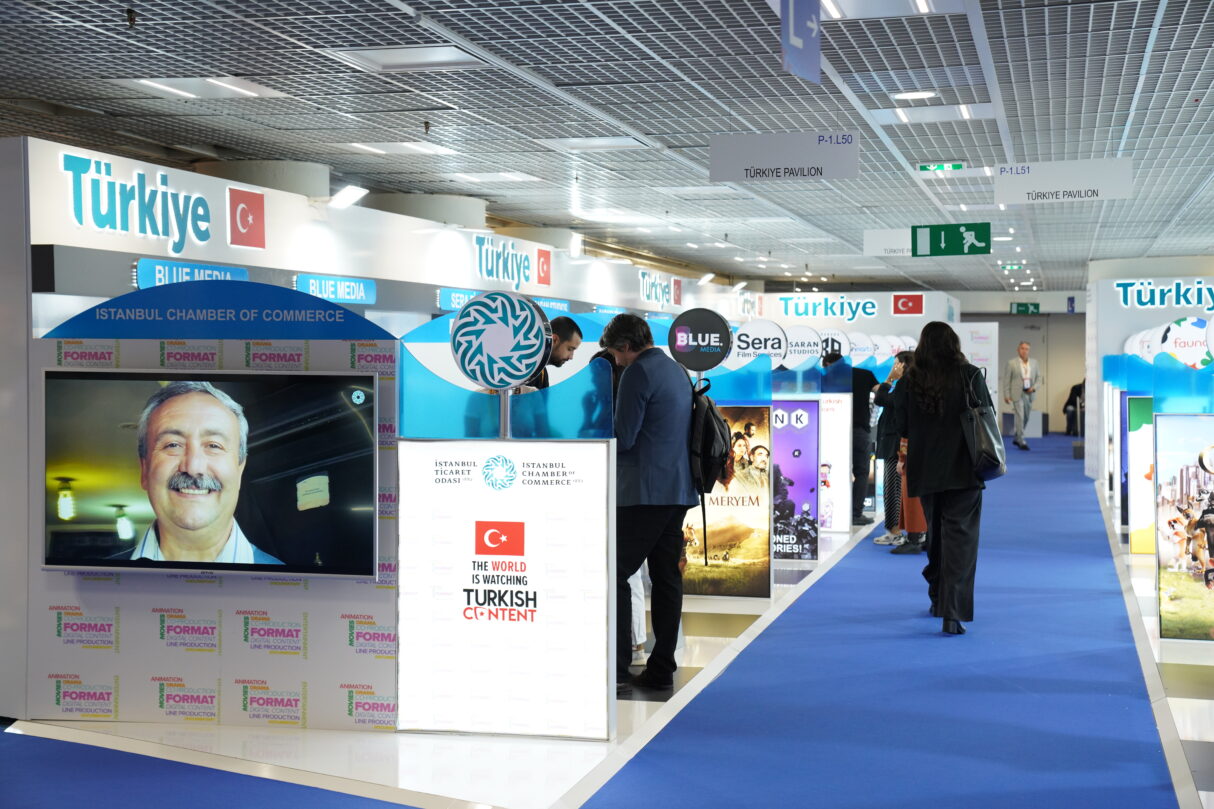
As the business community, we see the benefits of Turkish dramas in two ways. First, when we enter markets to sell goods and services, if Turkish dramas have already been broadcast there, we start our negotiations with an advantage. Our traders gain a competitive edge. Second, as you know, the settings of our dramas are Türkiye’s own cities. This means Turkish dramas showcase our culture, history, and natural beauty.
You have been attending various content fairs with different companies for many years now. I believe that you have closely observed the growing impact of Turkish dramas and content in the international arena. How do you evaluate this increasing interest?
I see it as the outcome of persistent investments made since the 2000s that are now delivering results. In other words, our Turkish TV industry earned this interest by consistently taking part in international drama and content markets, setting up stands at events, carrying out impactful promotions, and creating stories that appeal to different cultures. At the same time, the industry systematically strengthened its foundation, from natural filming locations to production teams, editing technologies, and human resources.
Therefore, Türkiye achieved its first success in 2006 by exporting dramas to Middle Eastern countries, and soon after expanded into the Balkans and Latin America. Today, Turkish dramas and content are broadcast on national channels in more than 156 countries, including Western European countries such as Spain, Italy, and France. When digital platforms are included, they now reach nearly 200 countries.
According to Eurodata, Turkish productions account for 25% of all imported content worldwide. This is a remarkable achievement… With compelling storytelling, high-quality productions, talented screenwriters, globally recognized actors, skilled directors, and original content that resonates across cultures, Türkiye continues to maintain strong global interest.
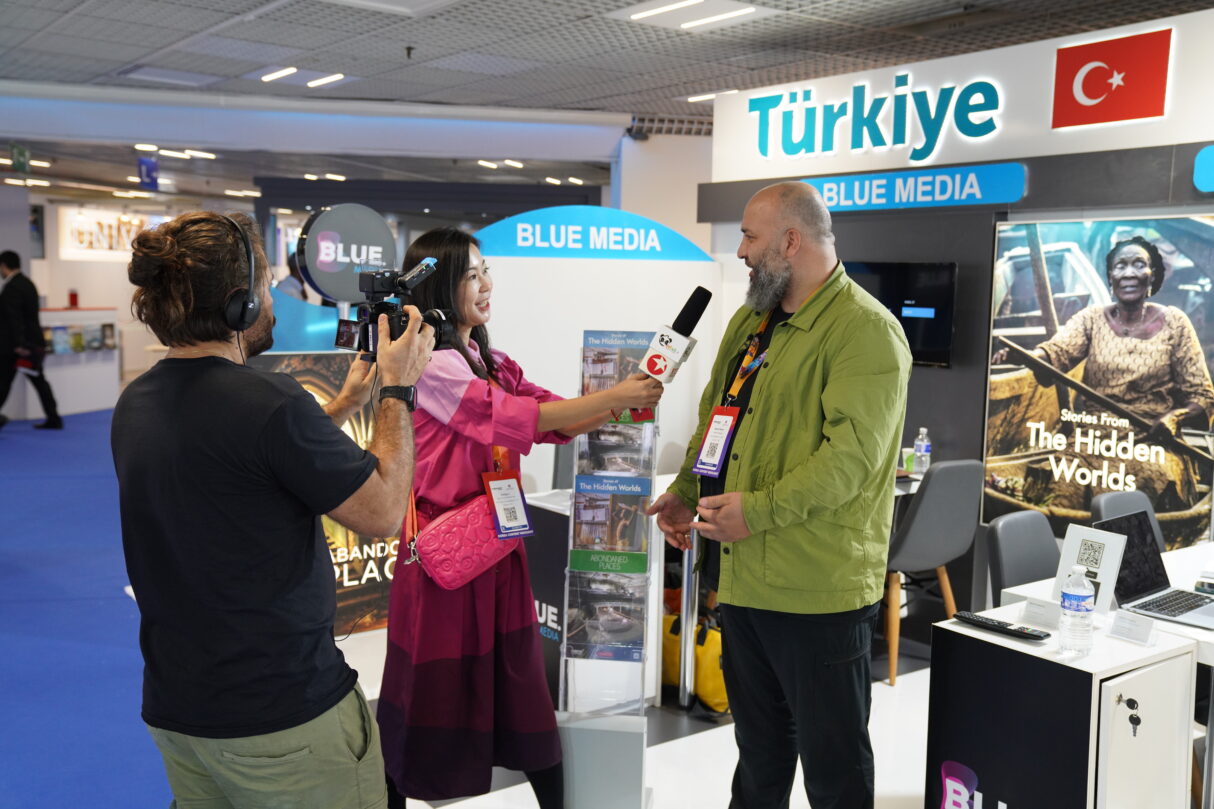
How do you evaluate the role and contribution of the Istanbul Chamber of Commerce in the export of Turkish content? Where does Türkiye stand in content exports today, and what should we expect in the near future?
I must underline that the investments we, as ICOC, have made in this field over the past 20 years have played a significant role in the success of Turkish dramas. Nearly all the companies operating in the Turkish drama sector are our members. For this reason, we have considered it our duty to help open Turkish drama industry to the world. We have organized Türkiye’s participation in drama, film, content, television, and production fairs held across four continents, bringing our companies together with buyers.
As of 2024, Turkish-made content, especially with the development of the drama industry, placed Türkiye among the top three countries worldwide in drama exports. In this context, more than 300 local productions have been exported. As I mentioned earlier, Türkiye has succeeded in establishing a “Turkish standard” in drama and content production. Thanks to the universal language that our dramas have captured, they have created a strong emotional bond with global audiences. At the same time, the industry has gained the ability to adapt quickly to demand and expectations in international markets.
Meanwhile, the growing uncertainties in the global economy since the post-Trump era, along with protectionism and tariff barriers, may lead to contractions in national economies and affect the industry. However, I do not believe there will be any dramatic decline in the visibility of Turkish dramas worldwide. Because our industry has proven its ability to overcome challenges.
I must also emphasize that our drama, film, and content industry has successfully diversified its service export models. Beyond dramas, the portfolio now includes animation, documentaries, and format programs, further enriching production and exports. Co-production, distribution, and adaptation agreements with various countries are also taking shape. At the same time, demand for Turkish content on digital platforms is rising, and export volumes continue to grow consistently.
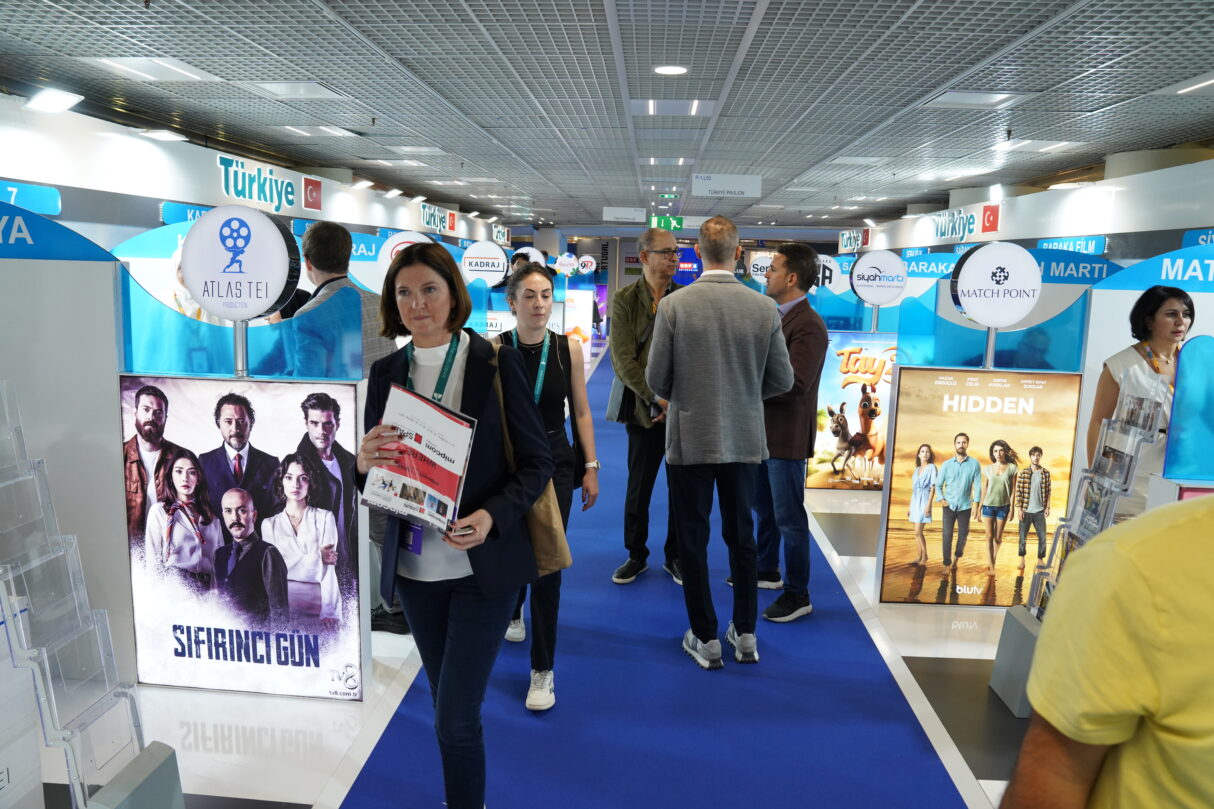
How does this soft power effect translate into Türkiye’s exports in other sectors?
As the business community, we see the benefits of Turkish dramas in two ways. First, when we enter markets to sell goods and services, if Turkish dramas have already been broadcast there, we start our negotiations with an advantage. Our traders gain a competitive edge. Second, as you know, the settings of our dramas are Türkiye’s own cities. This means Turkish dramas showcase our culture, history, and natural beauty. Foreign viewers cannot stay indifferent to what they see on screen; they want to visit our country. Ultimately, this creates significant contributions to tourism and to our services sector.
The Turkish drama industry has become one of Türkiye’s most effective instruments of soft power. From trade to culture and foreign policy, it makes significant contributions to our country. In particular, Turkish dramas and films also influence audiences in sectors such as textiles, cosmetics, jewelry, furniture, and food. The products and lifestyles featured in Turkish content increase both interest and awareness in Turkish brands. By promoting these brands across wide geographies, they have become an important part of our national export strategy. For this reason, I consider the strong global interest in Turkish content to be extremely valuable; both for cultural diplomacy and for economic growth.
How do you see the impact of the content industry on İstanbul’s economy in particular, and on Türkiye’s economy overall?
It is clear that the content industry makes a multi-dimensional contribution to the economy of Türkiye, with İstanbul at its center. Exports of Turkish-made content not only generate foreign currency revenues but also carries the power to attract investment to the country. Dramas act as a showcase for Türkiye, increasing international interest in many areas, from tourism to real estate. As I mentioned earlier, they directly shape our country’s image, cultural promotion, and the branding of our cities.
On the other hand, the industry is paving the way for digital platforms to invest in local production companies and to open production offices in Türkiye, while also enabling direct financing through co-productions. The rise in production quality has also accelerated investments in studios and technical equipment. In this way, the industry feeds into many sub-industries, such as production, screenwriting, post-production, translation, music, publishing, and graphic design, creating both direct and indirect economic value. İstanbul, in particular, stands at the heart of this ecosystem, carrying strategic importance in terms of investment, employment, and exports.
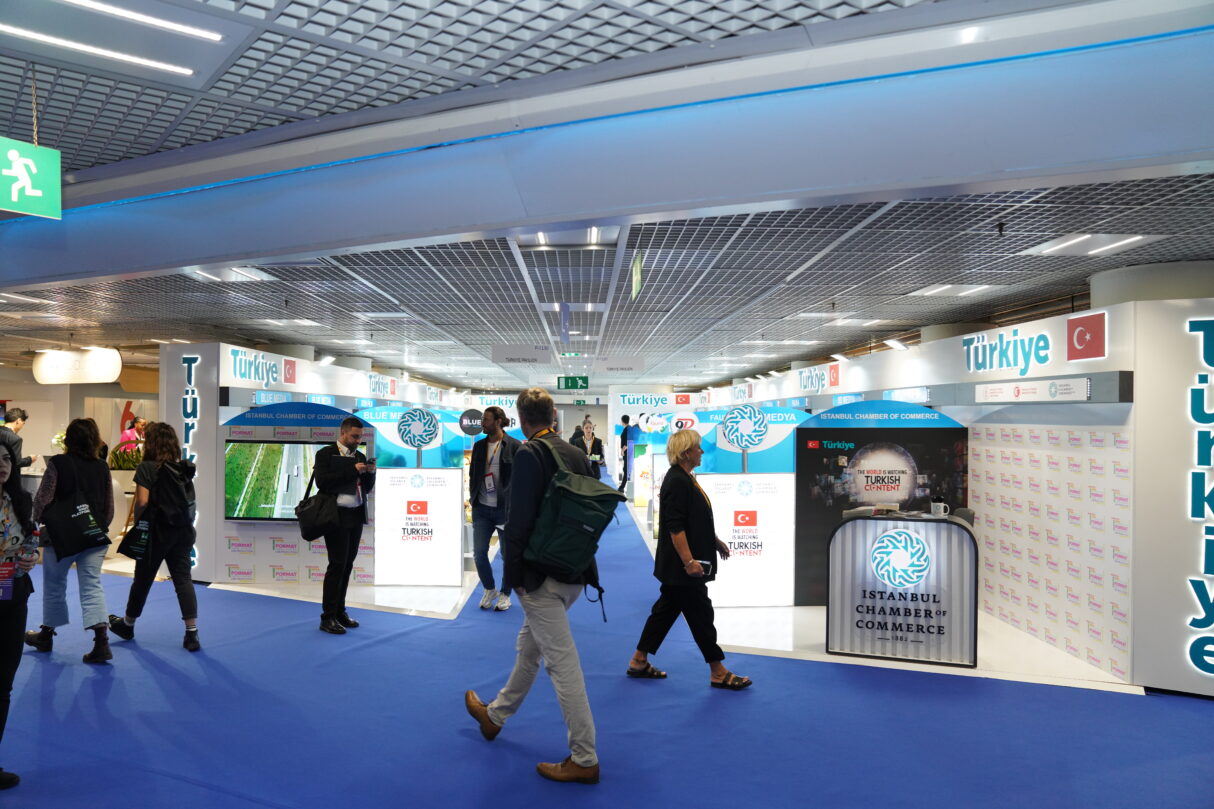
Apart from the fairs you attend, does the Istanbul Chamber of Commerce have any other projects or collaborations related to the content industry?
As I highlighted earlier, beyond MIPCOM we also participate in fairs across different regions of the world, with the aim of raising the industry’s profile and strengthening cooperation with international institutions and organizations. In addition, our support for the content industry goes beyond the markets we attend. We organize meetings that bring industry representatives together with public officials and other stakeholders, helping to address the challenges the industry faces.
We also continue our research through ICOC publications such as “Turkish Dramas in the Process of Cultural Change 2010–2020” and “The Film Industry in Türkiye.” In short, through these initiatives we take the lead in steps that directly contribute to the industry’s development and work towards a stronger, more sustainable content ecosystem.
Looking ahead to 2026, what are your key priorities, and which content markets are on your agenda?
Our constant goal is to stand by the industry and contribute to raising the global profile of Turkish dramas and content. As a policy-making actor in this field, we will continue our participation in the major international fairs. Through markets in the Americas, Europe, the Middle East, and the Far East, we will promote the Turkish content industry to the world with a comprehensive, all-around perspective.
In this context, in January 2026 we will organize the participation of Turkish companies at Content Americas in Miami; in October at MIPCOM in Cannes; in November at the Dubai International Content Market in the UAE; and at ATF Asia TV Forum & Market in Singapore.
This exclusive interview with Şekib Avdagiç was featured in Episode Magazine’s MIPCOM 2025 issue.






